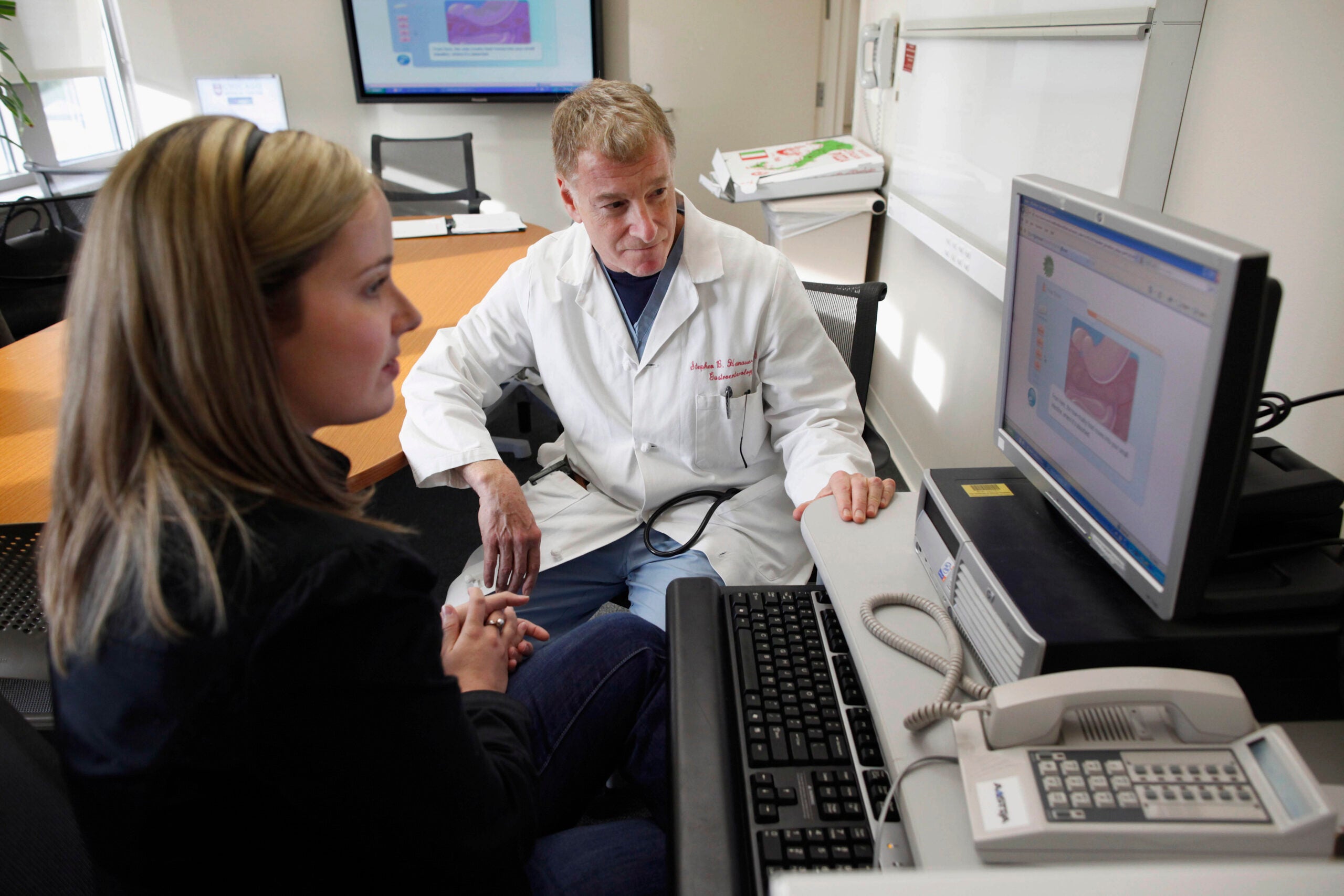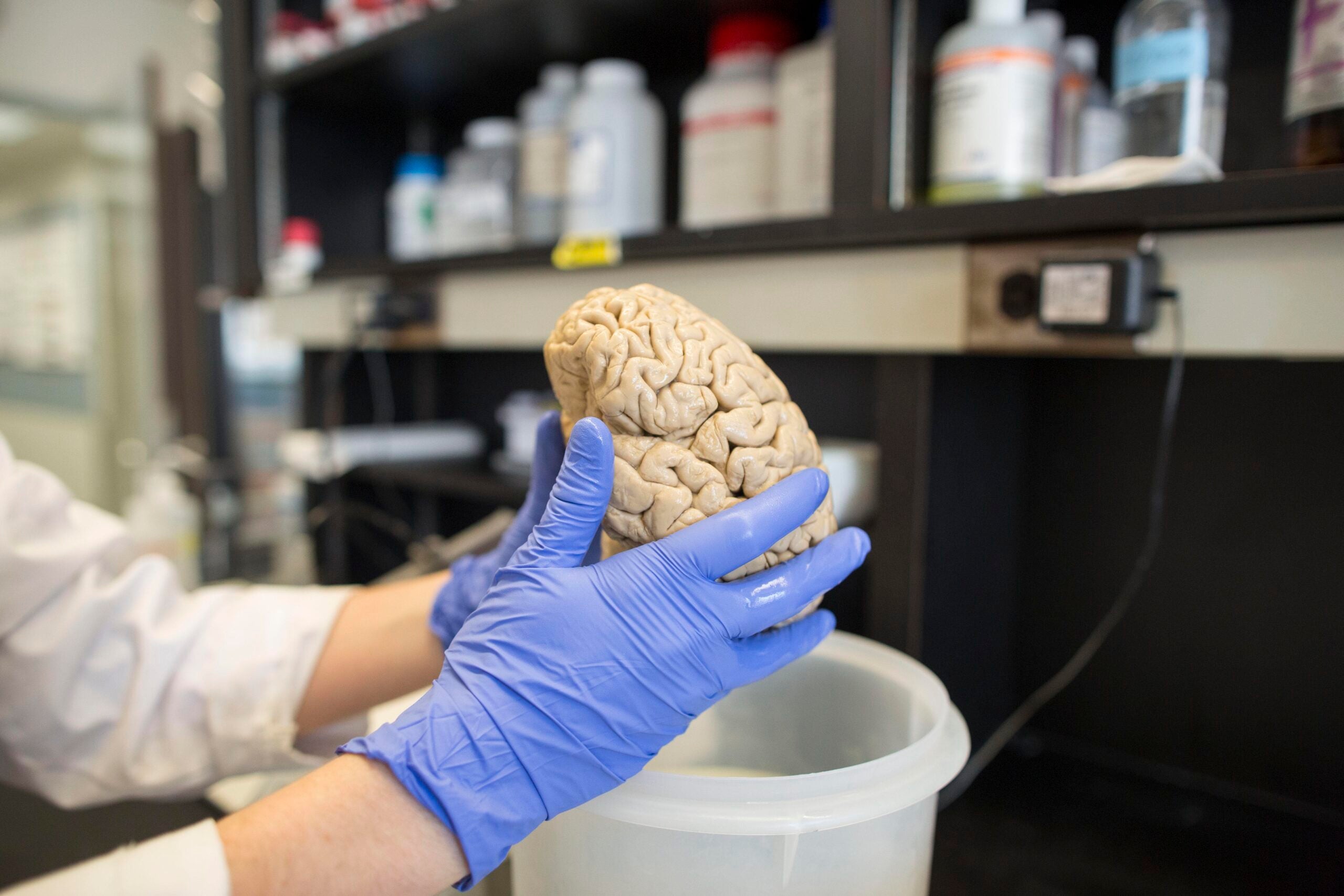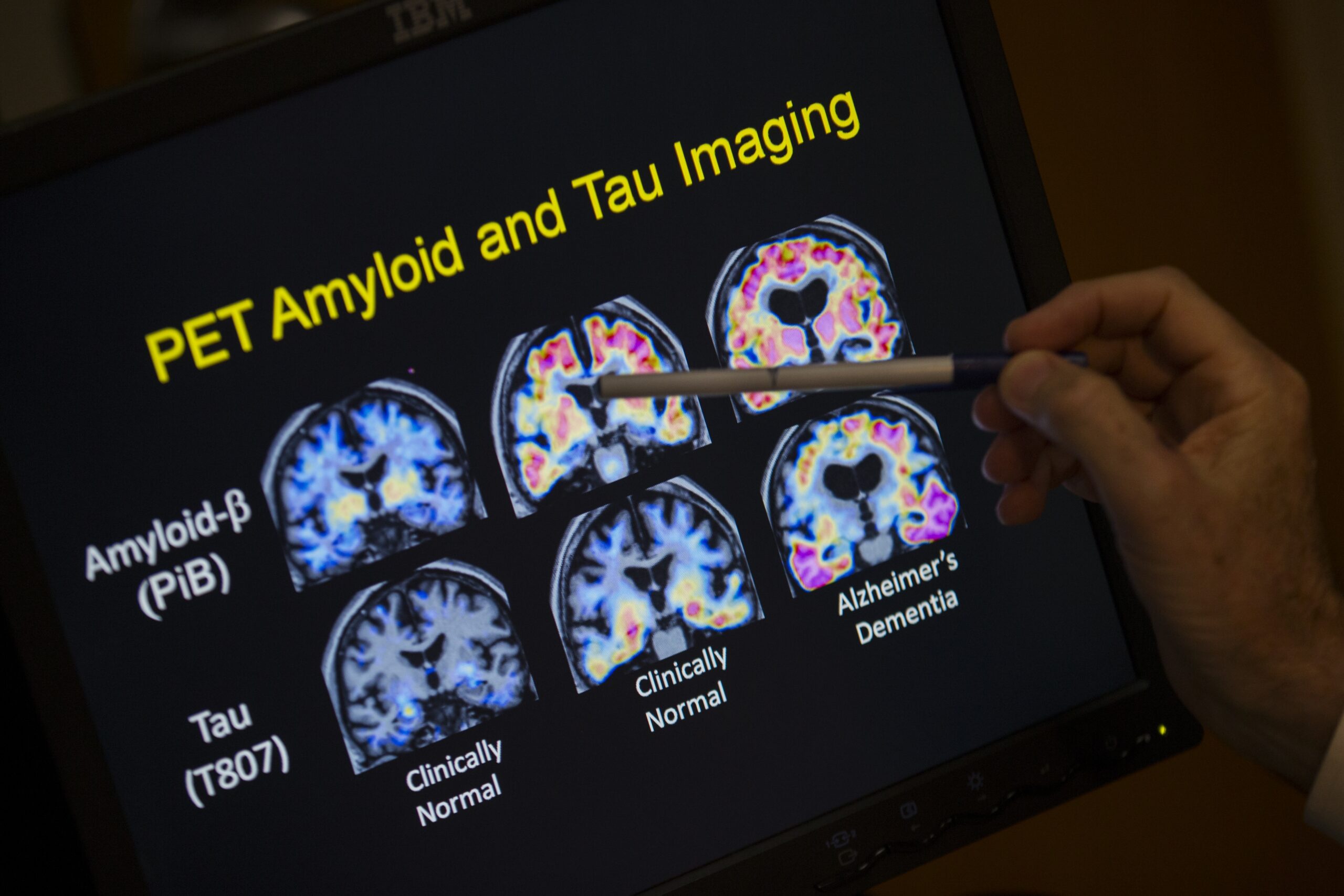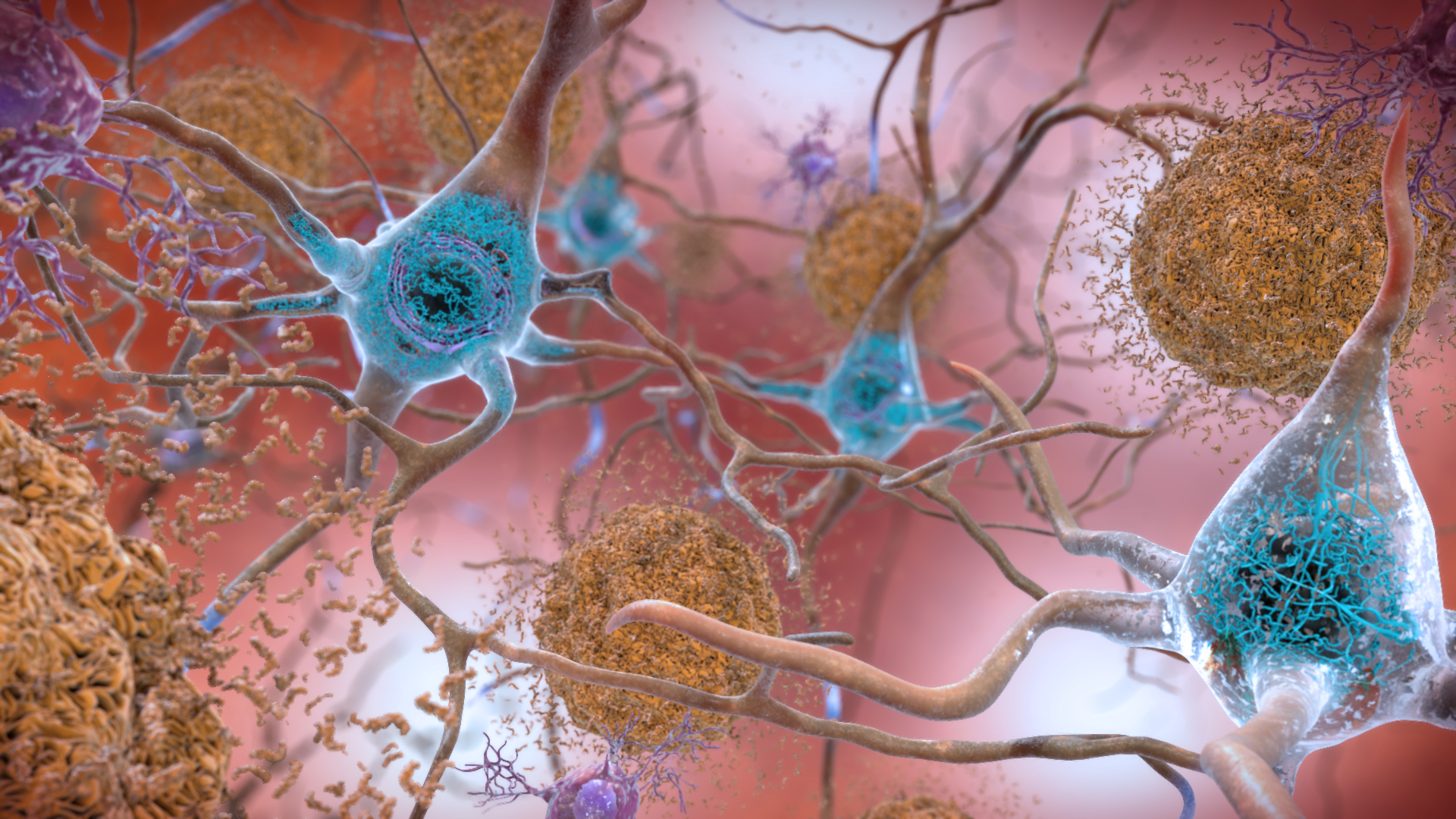UW-Madison’s Wisconsin Registry for Alzheimer’s Prevention (WRAP) follows people whose parents have Alzheimer’s disease. Larry Meiller finds out how the research can help all of us lower our risk of dementia.
Featured in this Show
-
Alzheimer’s Expert: Healthy Lifestyle Choices Might Help Prevent Dementia
The prospect of life-threatening medical ailments like cancer or heart disease scare people, but a lot of people would say that the possibility of suffering from dementia scares them most.
The good news is, new research suggests there is a lot that people can do to increase their chances of warding off dementia. Dr. Mark Sager, the recently retired director of the Wisconsin Alzheimer’s Institute and professor emeritus at the University of Wisconsin School of Medicine and Public Health. said that making wise lifestyle choices can significantly help maintain one’s mental clarity.
That is significant, Sager said, because dementia impacts more than 5 million people nationally, and over 125,000 in Wisconsin. (Alzheimer’s disease is just one form of dementia, but also the most common.)
Research done at the University of California-San Francisco found that diabetes, high blood pressure, obesity, smoking, depression, physical inactivity and low educational attainment contribute to up to half of Alzheimer’s cases. That means that better lifestyle choices and attention to other health concerns could reduce the incidence of dementia significantly.
“What we view as a disease of old age is actually a disease of lifestyle and environment to some extent,” Sager said. That’s great news for everyone, but especially those who are predisposed to the disease because of a family history.
UW-Madison’s Wisconsin Registry for Alzheimer’s Prevention (WRAP) is studying people with a family history of Alzheimer’s disease. Sager explained that it is a longitudinal study of people with a parent with Alzheimer’s. That means that those adult children are followed over time to determine what, if anything, alters their risk of developing the disease.
The study has been going on for fifteen years and is following over 1,500 people. Sager said that they are “looking for the earliest signs of dementia, changes that might put someone at risk. We’re trying to understand why some people develop Alzheimer’s disease and others do not.”
While the study is far from complete, there are some interesting findings already. Sager said that all people inherit genetic predispositions for a variety of diseases, depending on their genetic history. That is true of conditions like heart disease, stroke, diabetes… and Alzheimer’s.
Sager said that while being born with more of a likelihood of developing some diseases might be discouraging, “What we know is the way we live can modify that genetic risk.”
The Alzheimer’s Disease Education and Referral Center of the National Institute on Aging offers these suggestions for lifestyle choices that may help prevent the onset of dementia. They add that while it is not proven to always prevent dementia, they are all choices that will improve overall health at the same time.
- exercise regularly
- eat a healthy diet rich in fruits and vegetables
- engage in social and intellectually stimulating activities
- control type 2 diabetes
- lower high blood pressure levels
- lower high blood cholesterol levels
- maintain a healthy weight
- stop smoking
- get treatment for depression
Episode Credits
- Larry Meiller Host
- Judith Siers-Poisson Producer
- Dr. Mark Sager Guest
Wisconsin Public Radio, © Copyright 2024, Board of Regents of the University of Wisconsin System and Wisconsin Educational Communications Board.





